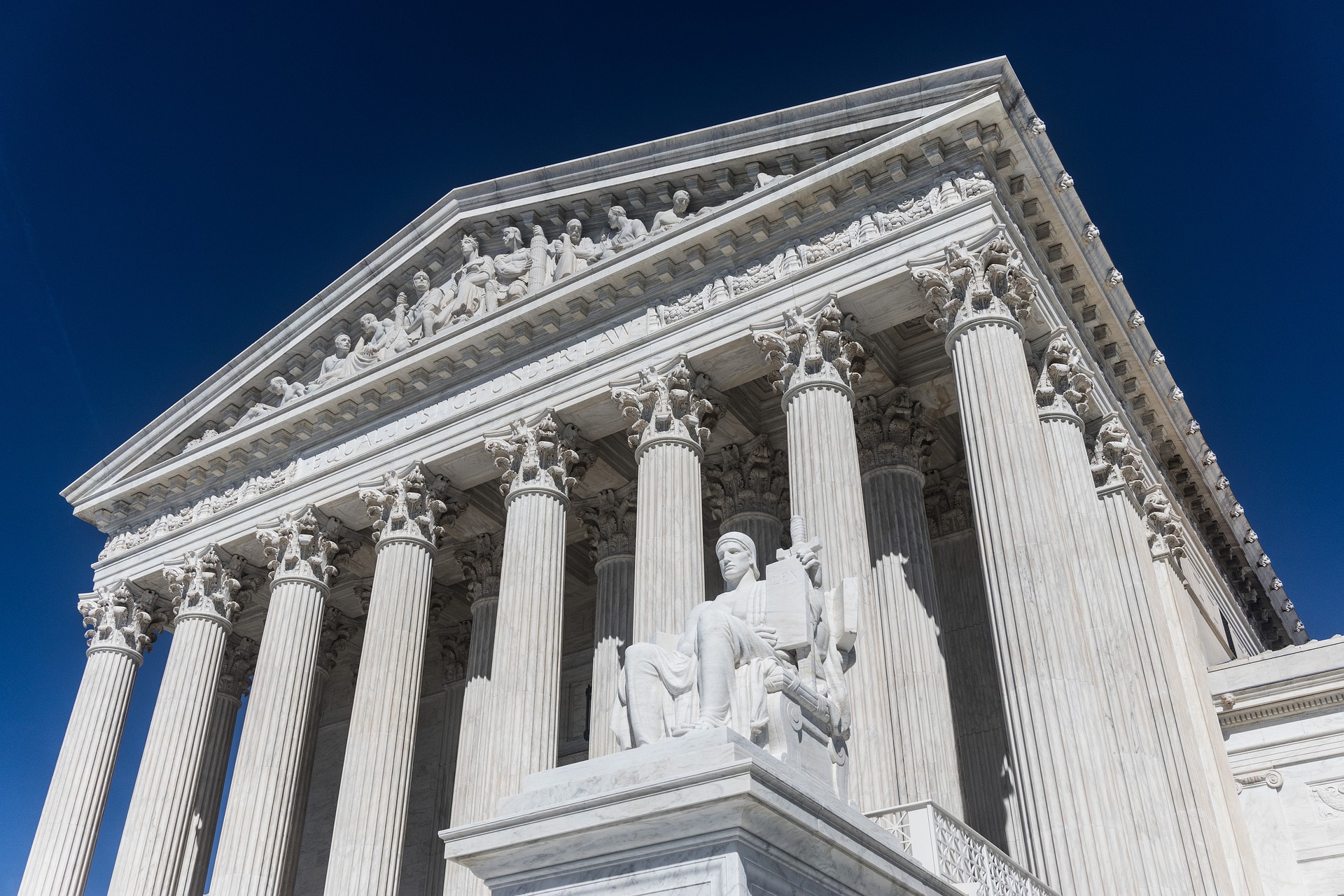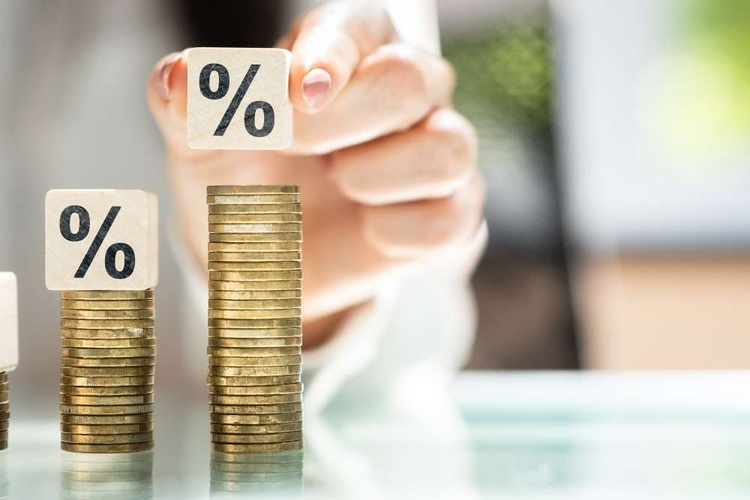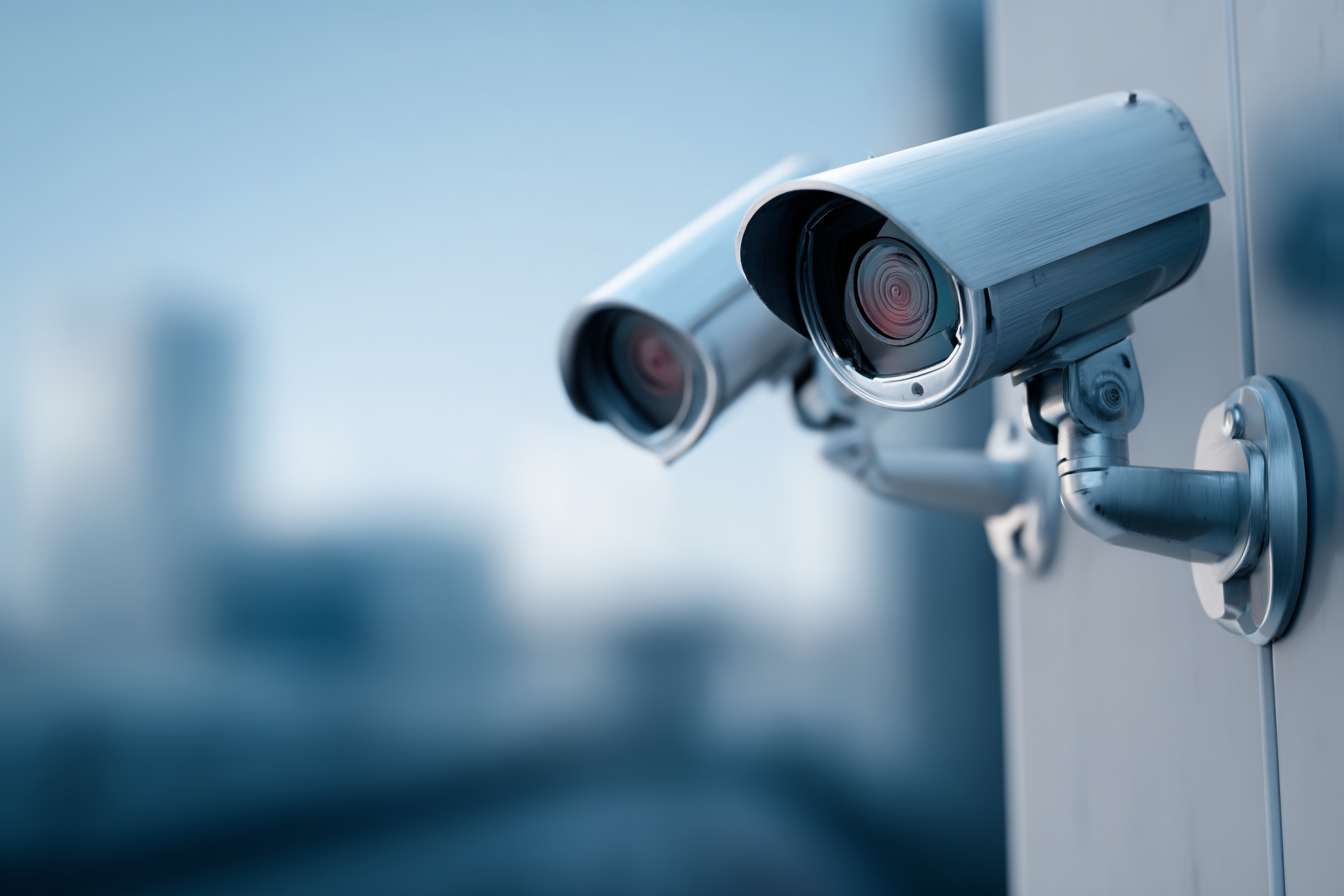Balancing Act: The Intersection of Free Speech and Hate Speech in Law
In the age of digital communication, the debate surrounding free speech and hate speech has gained significant momentum. This article will delve into the legal complexities at this intersection, reflecting on past legal decisions, recent legislative changes, and their societal implications.

A Historical Perspective on Free Speech
The concept of free speech has been a cornerstone of democratic societies, with roots in ancient Greece’s democratic ideals. In modern times, the First Amendment of the U.S. Constitution enshrines this right, stating that “Congress shall make no law…abridging the freedom of speech.” Yet, despite its apparent simplicity, the interpretation and application of this right have been subject to intense debate and legal scrutiny. Central to these discussions is the question of just how far free speech extends and when it transforms into hate speech.
The Legal Definition of Hate Speech
Unlike free speech, hate speech does not have a universally accepted definition under international law. In the U.S., it is generally accepted to mean speech that offends, threatens, or insults individuals or groups, based on attributes such as race, religion, ethnic origin, sexual orientation, disability, or gender. However, it’s important to note that the U.S. legal system affords broad protections to free speech, including offensive and hateful speech, unless it incites violence or poses a ‘true threat’.
Recent Legislative Changes and Court Rulings
In recent years, numerous court cases have dealt with the issue of hate speech. For instance, in Matal v. Tam (2017), the U.S. Supreme Court unanimously ruled that a law prohibiting disparaging trademarks violated the First Amendment. This case highlighted the enduring commitment to free speech, even when it may be deemed offensive.
Societal Implications and Impact
The intersection of free speech and hate speech has profound societal implications. On one hand, the protection of free speech is vital to democratic discourse and the exchange of ideas. On the other hand, unchecked hate speech can fuel discrimination, social tension, and even violence. Striking a balance between these two aspects is a complex task, requiring a nuanced understanding of the societal context and the potential harms and benefits.
Looking Forward: The Future of Free Speech and Hate Speech in Law
The debate surrounding free speech and hate speech is likely to intensify in the coming years, particularly with the increasing influence of digital platforms. These platforms pose new challenges to the legal framework, as hate speech can be disseminated widely and quickly. As society evolves, so too must our understanding and interpretation of these critical legal concepts.
In conclusion, the intersection of free speech and hate speech in law is a dynamic and complex issue. It demands ongoing scrutiny, and a delicate balancing act, to ensure that the principles of free speech are upheld, while hate speech is effectively addressed.




